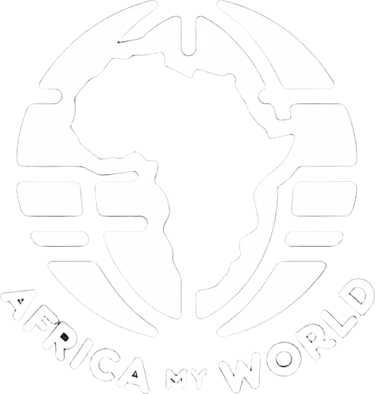12 important facts to know about before visiting Zimbabwe
If you're planning to visit Zimbabwe, here are 12 key facts you should know before you go:
1. Visa Requirements
Visa Policy: Many visitors to Zimbabwe will require a visa. However, some countries' nationals can obtain a visa upon arrival or apply for an e-visa. It’s always a good idea to check the specific visa requirements for your nationality before traveling - click here to check: do I need a visa for Zimbabwe.
Visa on Arrival: Zimbabwe offers visas on arrival to citizens of several countries, but ensure your passport is valid for at least 6 months beyond your travel date.
2. Currency
Zimbabwe Dollar (ZWL): While Zimbabwe has a local currency (ZWL), it is not widely used for transactions. The country largely uses the U.S. Dollar (USD), and many businesses accept both USD and ZWL, along with other foreign currencies like the South African Rand.
Cash Is King: Credit cards are not always accepted outside major cities and tourist spots, so it’s a good idea to carry cash or have access to foreign currency exchange.
3. Safety
General Safety: Zimbabwe is generally safe for tourists, especially in major cities like Harare and tourist areas like Victoria Falls. However, like many countries, visitors should stay vigilant about their belongings and avoid walking alone at night in unfamiliar areas.
Political Stability: While Zimbabwe has experienced political instability in the past, the situation has stabilized in recent years. It’s still wise to stay informed about local news and avoid demonstrations or large crowds.
4. Health and Vaccinations
Vaccinations: Ensure you are up to date with routine vaccinations, and consider vaccines for diseases like yellow fever, typhoid, and hepatitis A. It's also recommended to get a malaria prophylactic if traveling to rural areas.
Malaria: Malaria is present in many parts of Zimbabwe, especially during the wet season (November to April), so take precautions such as using insect repellent, sleeping under mosquito nets, and taking anti-malarial medication.
Healthcare: While urban areas like Harare have decent medical facilities, rural areas may not have easy access to healthcare. It’s wise to travel with adequate health insurance.
5. Language
Official Languages: Zimbabwe has 16 languages, but the most widely spoken are Shona and Ndebele. English is the official language and is widely spoken in tourist areas, so communication shouldn't be a problem.
6. Electricity and Plug Types
Electricity: The standard voltage is 230V, and the frequency is 50Hz.
Plug Types: Zimbabwe uses Type G plugs, so you may need a power adapter if your devices use a different plug type.
Loadshedding: from time to time, Zimbabwe implements controls (loadshedding) on electricity distribution - and this can cause inconveniences, although most businesses (including hotels) are already equipped with alternative power supplies to manage disruptions. However, please check the situation before visiting.
7. Local Etiquette and Customs
Respect Local Traditions: Zimbabweans are generally warm and welcoming. When meeting people, it’s polite to greet them with a handshake and use formal titles when addressing elders.
Photography: Always ask for permission before taking photos of people, especially in rural areas. In some places, photography may be restricted or considered disrespectful.
8. Wildlife and Conservation
National Parks: Zimbabwe is famous for its wildlife and natural beauty, especially places like Hwange National Park and Matobo Hills. It's an excellent destination for safaris, with opportunities to see elephants, lions, rhinos, and more.
Victoria Falls: One of the Seven Natural Wonders of the World, Victoria Falls is a must-see. Be prepared for wet conditions in the rainy season when the falls are at their fullest.
9. Transportation
Public Transport: Public transport is available but not always reliable. Many visitors opt for taxis or hire private drivers for convenience.
Road Conditions: Road conditions vary. Major highways are generally okay, but some rural roads can be in poor condition, especially during the rainy season. Renting a 4x4 vehicle is recommended for remote areas.
Domestic Flights: Zimbabwe has domestic flights connecting major cities and tourist destinations, but be prepared for occasional delays.
10. Time Zone
Time Zone: Zimbabwe is in the Central Africa Time Zone (CAT), which is UTC +2 hours. There is no daylight saving time.
11. Tipping
Tipping is appreciated in Zimbabwe, especially in the service industry. Typically, a tip of around 10% is considered appropriate in restaurants and for tour guides.
12. Climate
Seasons: Zimbabwe has a tropical climate with a rainy season from November to March and a dry season from April to October. The dry season is considered the best time for safaris since animals gather around waterholes, making them easier to spot.
By keeping these key facts in mind, you'll be better prepared for a smooth and enjoyable visit to Zimbabwe!
Contact us:
visit@africamyworld.com
© 2025. All rights reserved.
